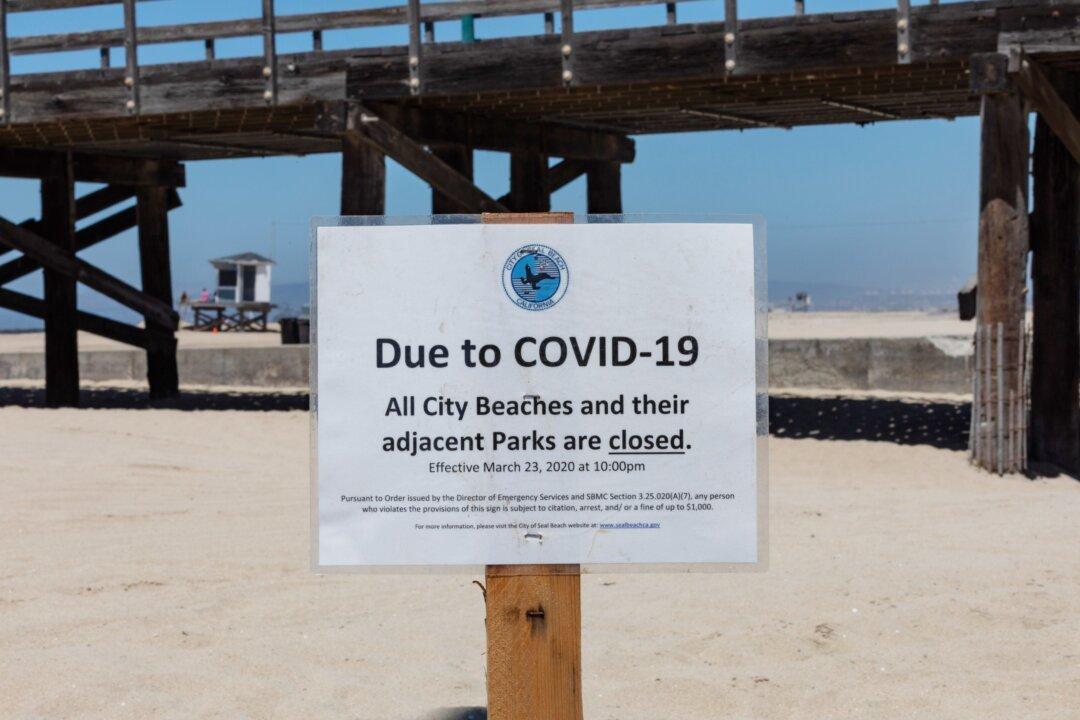Commentary
Our nation’s past year of reckoning, unrest, and lockdowns presented an unexpected societal pause to contemplate who we are and where we’re going. Consequently, the national discourse slipped into a backward-oriented conception of our nation’s position in the scheme of human history. As Americans reexamined their past, they scrutinized the rosy elementary school lessons about our national heritage.





